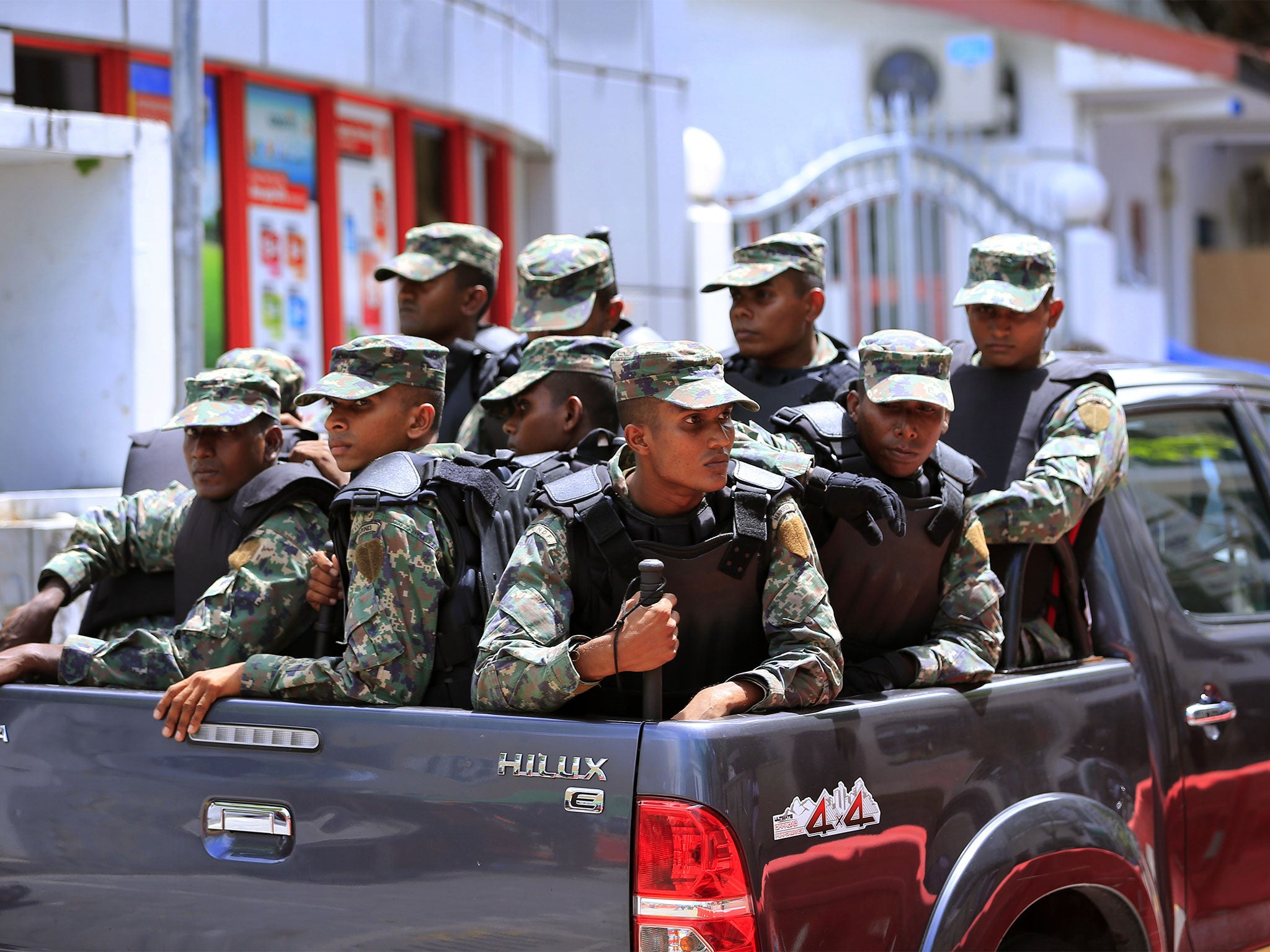Corruption threatens progress on climate change. Here's how to stop it
The Green Climate Fund needs to work out strategies to stop cash frittering away

Your support helps us to tell the story
From reproductive rights to climate change to Big Tech, The Independent is on the ground when the story is developing. Whether it's investigating the financials of Elon Musk's pro-Trump PAC or producing our latest documentary, 'The A Word', which shines a light on the American women fighting for reproductive rights, we know how important it is to parse out the facts from the messaging.
At such a critical moment in US history, we need reporters on the ground. Your donation allows us to keep sending journalists to speak to both sides of the story.
The Independent is trusted by Americans across the entire political spectrum. And unlike many other quality news outlets, we choose not to lock Americans out of our reporting and analysis with paywalls. We believe quality journalism should be available to everyone, paid for by those who can afford it.
Your support makes all the difference.My country, the Maldives, is desperate to stop climate change – our islands will be the first to sink if the world keeps warming.
For that very reason, we are prime candidates for “climate finance” – one of the main sticking points in UN climate negotiations. This is money pledged by rich, carbon-producing countries to help countries like mine stave off rising seas and natural disasters. To get climate finance off the ground, the UN has created the Green Climate Fund. The aim is for the Fund to mobilise $100bn a year by 2020.
But when the Fund does begin to spend, a new danger arises: what if the money never reaches us? What if it vanishes to corruption? A legal case in the Maldives shows why we – and the Green Climate Fund – should be concerned. Put another way: we have been there before.
In December 2004, we watched as waves the height of ten-story buildings crashed against our shores and shattered thousands of people’s livelihoods. Some of our atolls were submerged for days. Almost 100 people died.
Years later, we discovered claims emerged that corrupt officials had embezzled $1.6 million US dollars from the tsunami relief effort.
The case was alleged to have implicated top officials in the government treasury, as well as in the National Disaster Management Centre. A report on the case was forwarded to the Prosecutor General’s Office for prosecution in 2012. There appears to have has been little progress in the case since and a number of those originally arrested were released.
Such delays are common in the Maldives. As details of the fraud allegations emerged ( a case of forged documents and imaginary construction supply orders, it is claimed), our Anti-Corruption Commission seemingly suspected a larger amount of money could be missing. Here too, it could take a while to follow the paper trail..
The Green Climate Fund, no doubt, is genuinely asking itself: how can we make sure funds reach those most in need? How safe will climate funds be – in the Maldives or other countries with weak governance? How can we uncover any suspected wrongdoings quickly – not seven or eight years later?
The Fund’s board met this week in Zambia. It is almost ready to invest and we have a good idea of how it plans to operate.
Our conclusion is that it can do much more to engage communities on the ground.
With a mandate to spend billions of dollars, the Fund operates from a small Secretariat in South Korea. Given the small staffing levels, many of its tasks will be outsourced, which increases the risk of things going wrong, unnoticed, down the chain of command.
Mitigating those risks will be crucial to the Fund’s success. For example, the fund needs a fair complaints mechanism, so people can know with confidence how – and to whom – they can report abuses.
The GCF should also commit to working more with communities, civil society, and anti-corruption activists like the group I lead, Transparency Maldives.
The communities on the frontline of climate change are best placed to make complaints or give tip-offs. Groups like mine can train networks of citizens to gather evidence of corruption or abuse.
By doing so, the Fund wouldn’t just save the planet. By working with citizens to ensure every dollar goes where it should, the Fund has an opportunity to provide a lifeline to democracy and human rights around the world as well.
Boycotting ‘climate vulnerable’ countries due to their weak governance is not an option.
As the Maldives faces rising seas and repression, we have never needed this more.
Mariyam Shiuna is the executive director of Transparency Maldives.
Join our commenting forum
Join thought-provoking conversations, follow other Independent readers and see their replies
Comments